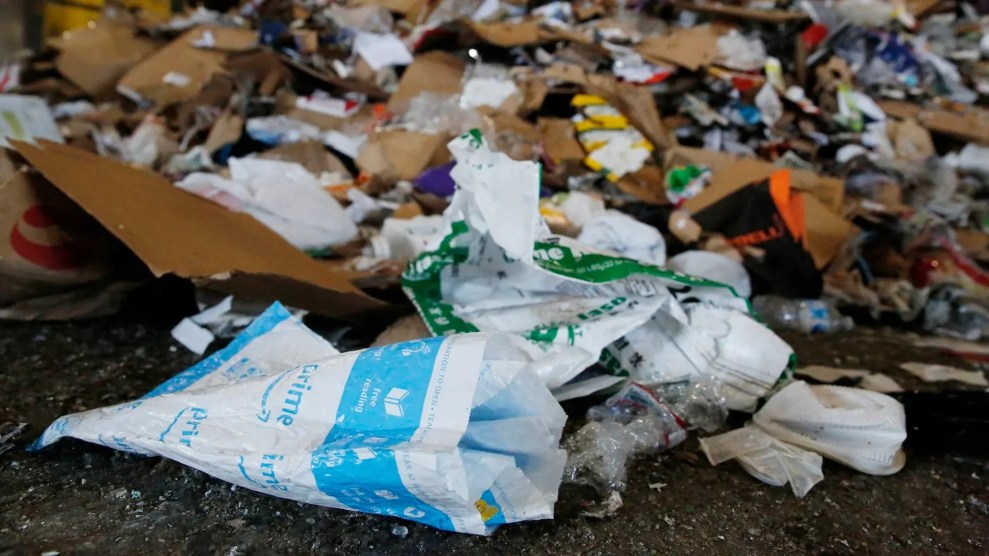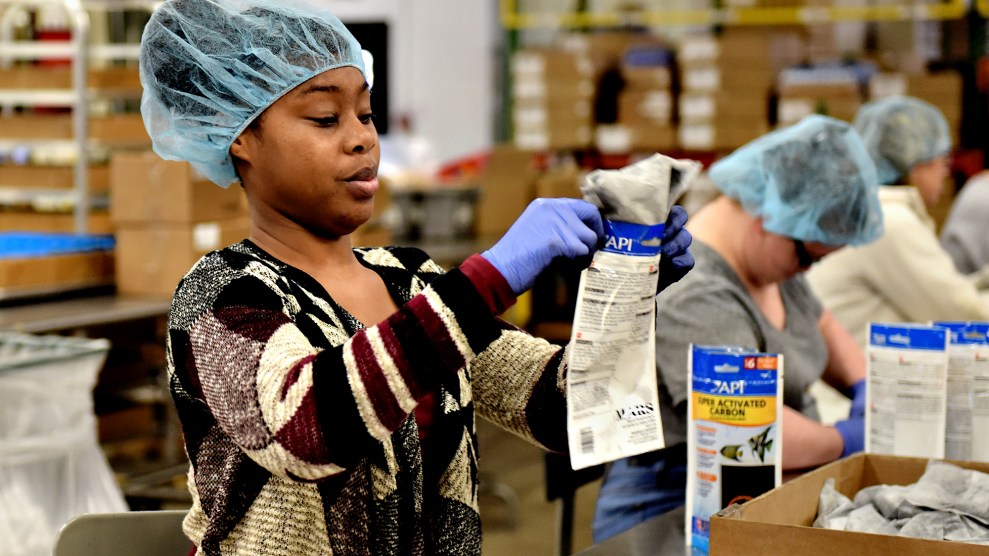
Not all the corporate money that poured into the 104th Congress went to the Republican majority. Take the money given by the agricultural industry — Rep. Vic Fazio (D-Calif.) did.
In 1995, Democrats (and some Republicans) said they wanted to cut “corporate welfare” programs, including subsidies to the sugar, peanut, and tobacco industries. As chair of the House Democratic Caucus, Fazio’s job was to build party consensus — and the consensus rejected all three subsidy cuts.
Fazio, the Democrats’ top PAC recipient, with $642,000 so far this election, also defends the government’s heavily criticized Market Promotion Program (MPP), which gives $90 million a year to agricultural companies to fund their overseas ad campaigns.
Testifying on the House floor, Fazio described it as a program for family farms: “They are people who grow 10 acres of almonds or 50 acres of prunes or 30 acres of wine grapes.” Try 130,000 acres of almonds (like those controlled by Blue Diamond, which has received $38.6 million since MPP’s creation in 1986). Or 50,000 acres of prunes (Sunsweet, $23.7 million). Or 22,000 acres of wine grapes (Gallo Winery, $25.6 million). All of these companies are healthy Fazio contributors.
But the big daddy of Democrats’ agricultural subsidies is still Archer Daniels Midland, giving Democrats $632,441 (and Republicans a respectable $367,756) in 1993-94. Even after the Justice Department announced its investigation into ADM for possible price-fixing, both parties — and Fazio — continued to accept money from the company and its CEO, Dwayne Andreas.
Democrats who try to repeal corporate subsidies, such as Rep. Charles Schumer (D-N.Y.), aren’t surprised. “When it comes to these programs,” says Jim Kessler, Schumer’s legislative director, “I never expect much from the Democratic leadership.”












